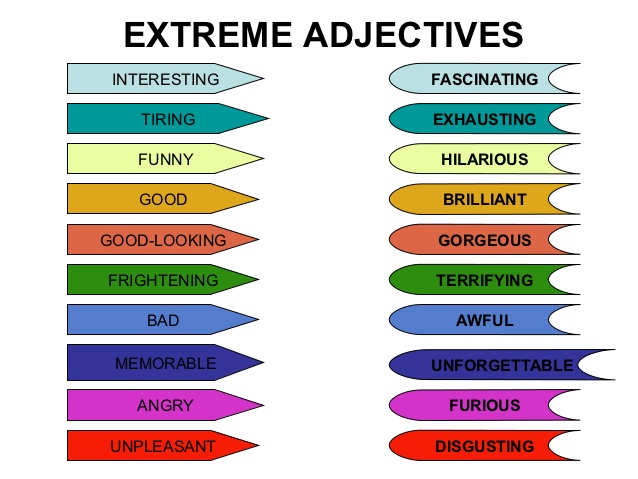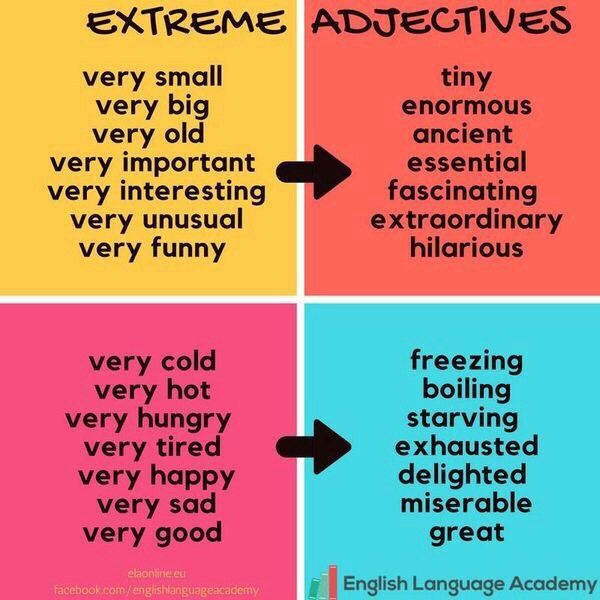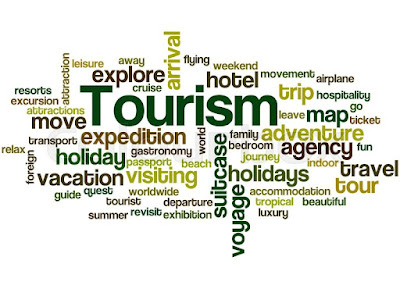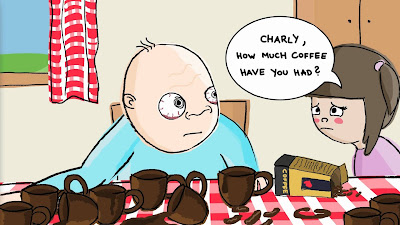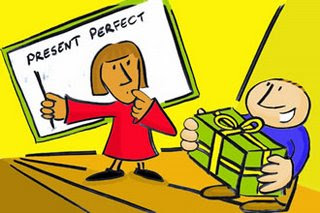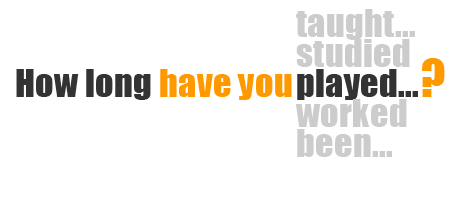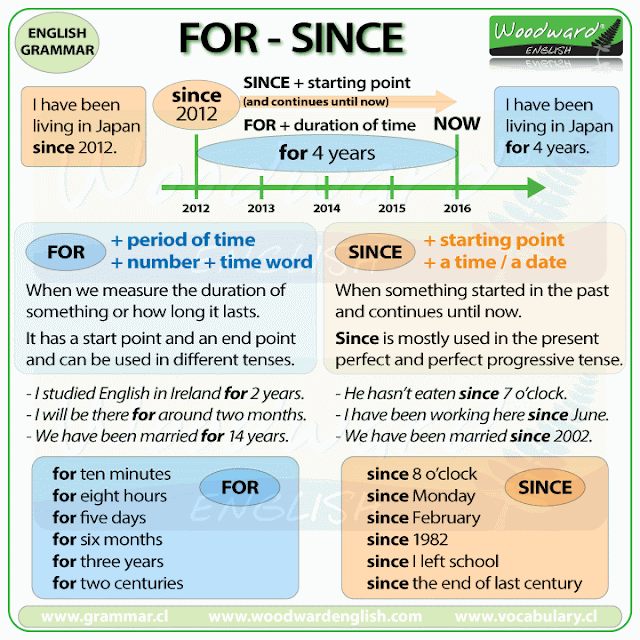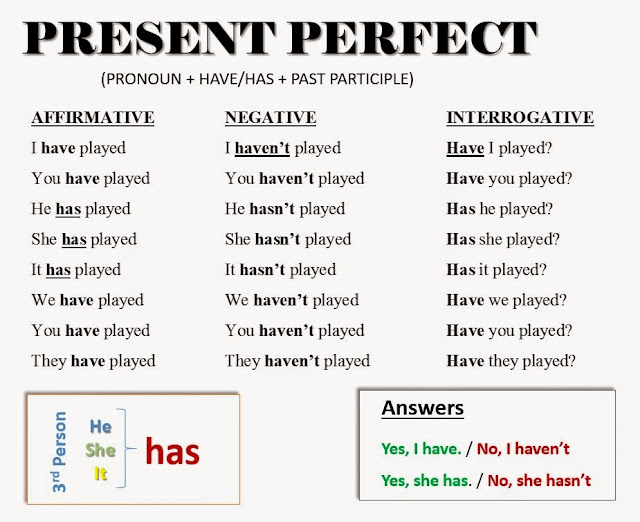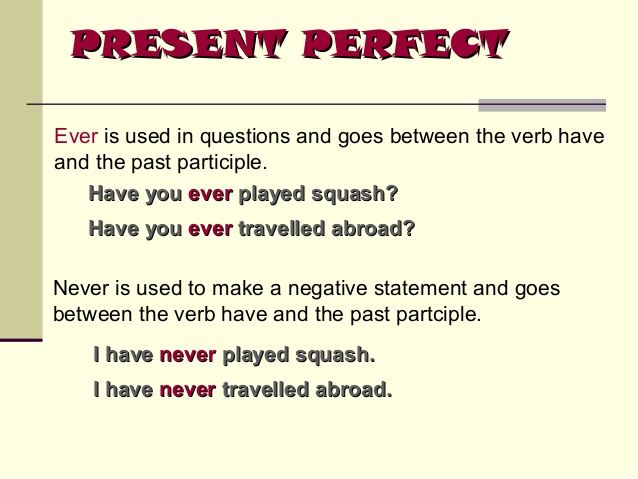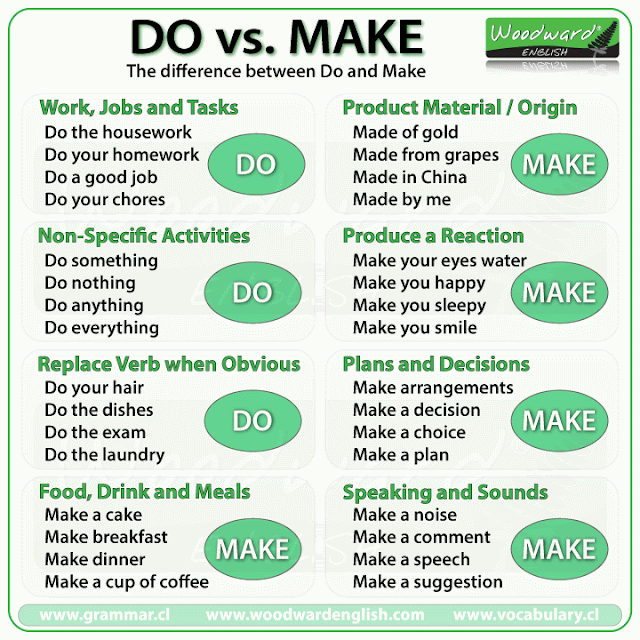Blog for students in the 1st year of Curricular Diversification Programme
Thursday 31 May 2018
Wednesday 30 May 2018
Wednesday 23 May 2018
Thursday 17 May 2018
Tuesday 15 May 2018
Present Perfect or Past Simple?
Do you know the difference of usage between present perfect and past simple?
Let's start with a joke!
If you understand the joke, then you understand how to use the present perfect in English!
Watch these videos to remember the rules and compare it to the past simple tense:
Now watch this other video for more practice:
Follow this link for more explanations...
Now, do you understand the joke below?
So click Bart to get some practice!
Wednesday 9 May 2018
Thursday 3 May 2018
Wednesday 2 May 2018
Tuesday 1 May 2018
Happy May Day!
International Workers' Day is celebrated on 1st
May and is a national holiday in more than 80 countries. (Wikipedia)
Do this Reading Comprehension and find out many interesting facts about this celebration.
Besides, HERE you can find a lot of vocabulary related to Workers' Day.
List of vocabulary items related to
International Workers Day (May Day / Labour Day)
Related materials:
Wednesday 25 April 2018
Tuesday 24 April 2018
Monday 23 April 2018
International Book Day
How many of the books in this children´s literature
map do you recognize? And how many have you actually read? (Find the full list
below the map)
Kevade by
Oskar Luts for Esthonia
Harry
Potter and the Philosopher's Stone for Great Britain
Pippi
Longstocking by Astrid Lindgren for Sweden
Le
Avventure di Pinocchio by Carlo Collodi for Italy
Le Petit
Prince by Antoine de Saint-Exupéry for France
The
Never-Ending Story by Ende for Germany
Heidi by Spyri for Switzerland
Orlovi
Rano Lete by Branco Copic for Serbia
Toreadors
from Vasyukivka by Nestayko for Ukraine
The
Adventures of Tin Tin by Hergé for Belgium
Fada
Oriana by Sophia de Mello Breyner
Andresen for Portugal
Platero
y yo by Jiménez for Spain
Mangas by Penelope Delta for Greece
Kake
Make by Lina Zutaute for Lithuania
The
Tale of Tsar Saltan by Alexander Sergeevich Pushkin for Russia
Tüskevár by István Fekete for Hungary
Amintiri
din Copilarie by Ion Creanga for Romania
Cufoja
dhe Bubi Kacurrel by Gaqo Bushaka for Albania
Pabbi
Professor by Gunnar Helgason for Iceland
Jip
en Janneke by Anne MG Shmidt for the Netherlands
The
Moonmins by Tove Jansson for Finland
Akademia
Pana Kleska by Jan Brzechwa for Poland
Slovenské
Rozprávky by Pavol Dobšinský for Slovakia
Artemis
Fowl and the Time Paradox by Eoin Colfer for Ireland
Den
grimme ælling by Andersen for Denmark
Mrs
Pepperpot Stories by Alf Prøysen for Norway
Čudnovate
zgode šegrta Hlapića by Ivana Brlić Mažuranić for Croatia
Geschichten
vom Franz by Christine Nöstlinger for Austria
Click on the image below to get access to An Awesome Book, created
by Dallas Clayton, an
author and illustrator for his son. The book is about the idea of dreaming BIG
and never giving up. Dallas Clayton wants to spread the love of reading all
over the world. An Awesome Book is a book for children but I
am sure you can learn some vocabulary from it, and it is translated into lots
of different languages so if you have a little sibling or cousin, enjoy the
book with him/her!
Happy World Book Day!

Thursday 19 April 2018
Learning the list of irregular verbs
Follow this link and practise putting them in groups to understand them better.
Thursday 12 April 2018
Thursday 22 March 2018
Too / enough
Too + ADJ / ADV
I am too
tired The
music is too loud.
He is too
big You
work too slowly.
Too much (Uncountable): There
is too much water.
Too many (Countable): There
are too many students.
ENOUGH: It means sufficient. (SUFICIENTE /
SUFICIENTEMENTE // NAHIKO / ASKI)
Enough +
NOUN I
have enough money.
ADJ / ADV + Enough He is tall enough
to play basketball.
NOT + ADJ + ENOUGH (NO SUFICIENTEMENTE / NO LO BASTANTE // NAHIKO)
He is not tall enough to play basketball.
* We use TO + Infinitive after TOO and ENOUGH
It's too hot to go jogging.
It's cold enough to wear a jacket.
Click the picture below to get some practice on too and enough structures.
Tuesday 20 March 2018
Comparative and superlative of adjectives (and adverbs)
COMPARATIVE
EQUAL AS + ADJ / ADV +
AS
John is as intelligent as
Mary.
John eats as impulsively
as Mary.
INFERIOR LESS + ADJ / ADV + THAN
John is less intelligent
than Mary.
John eats less impulsively
than Mary.
SUPERIOR MORE + ADJ / ADV + THAN (more than 2 syllables)
John is more intelligent
than Mary.
John eats more impulsively
than Mary.
John is taller than Mary.
John works harder than Mary.
John works harder than Mary.
SUPERLATIVE THE MOST + ADJ / ADV(more than 2 syllables)
John is the most
intelligent boy.
John works the most impulsively of all.
John works the most impulsively of all.
THE
(ADJ / ADV + EST) (only one syllable)
John is the tallest boy.
John works the hardest of all.
John works the hardest of all.
* TWO SYLLABLES:
a) -- --y ier
/ iest
pretty: prettier than /
the prettiest girl
b) -- --other more than / the most
rapid: more rapid than /
the most rapid car
c) -- --ly
ADJ
(as 1 syllable) ugly: uglier than / the
ugliest cat
ADV (as 3 syllables) quickly: more quickly than / the most quicky
ADV (as 3 syllables) quickly: more quickly than / the most quicky
IRREGULARS:
ADJ / ADV SUPERIOR SUPERLATIVE
ADJ / ADV SUPERIOR SUPERLATIVE
good /
well better the
best
bad /
badly worse the worst
many /
much more the
most
few
/little less the
least
old
(adjective) older the
oldest (things)
elder the eldest (people)
far (adverb) farther the farthest (distance)
further the furthest (general)
Click the picture below to get some practice on comparatives and superlatives.
elder the eldest (people)
far (adverb) farther the farthest (distance)
further the furthest (general)
Click the picture below to get some practice on comparatives and superlatives.
Subscribe to:
Posts (Atom)





